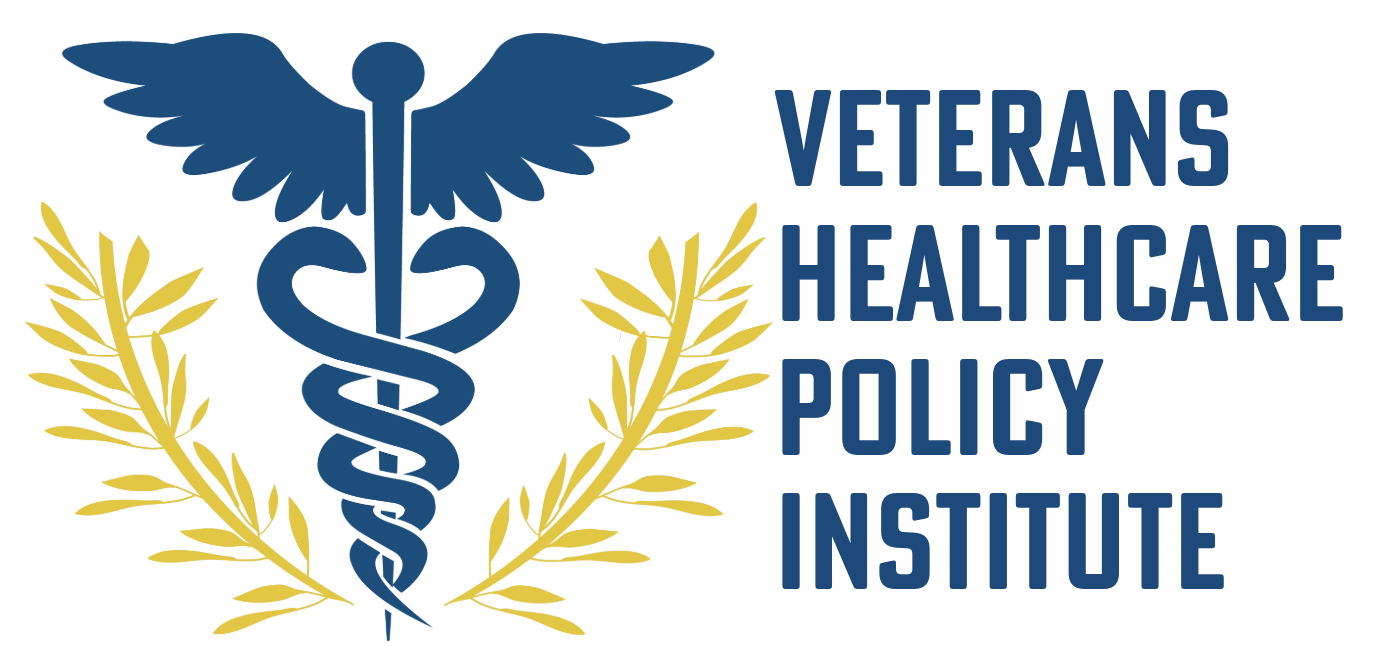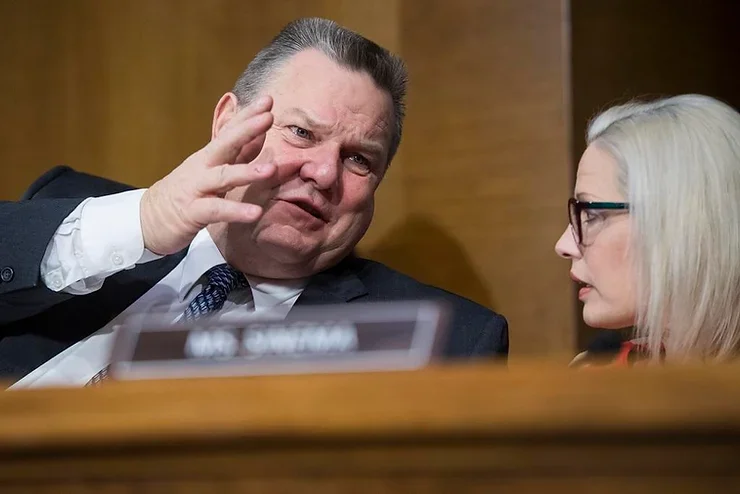VA’s Private Health Plan Faces Huge Cost Overruns
By Russell Lemle and Suzanne Gordon, originally in Washington Monthly
In 2014, Congress passed the Veterans Access, Choice, and Accountability Act, which set up a temporary program that outsourced veterans’ care from the Veterans Health Administration (VHA) to private sector providers. In 2018, President Donald Trump signed the VA MISSION Act, which made this outsourcing program permanent and greatly expanded it. Indeed, the legislation set up a parallel private sector network—the Veterans Community Care Program or VCCP—which pays private sector providers to treat more than a third of the nine million veterans enrolled in the VHA.
The Veterans Community Care Program promised to give veterans speedier access to high-quality care if they couldn’t get a timely appointment at the VHA or had to drive too long to get to one. Instead, as many studies have documented, VCCP care is of lower quality than that provided by the VHA. It also takes longer, on average, to get an appointment with a VCCP provider than it does with one at the VHA, and perhaps most importantly, the cost of this private sector program is soaring. Between 2014 and 2024, expenses for veterans’ care in the community quadrupled from $8 billion to $31 billion, accounting for a third of the budget for veterans’ medical services.
One reason for surging costs is that too many VCCP providers are unnecessarily utilizing high-cost tests and procedures and fraudulently billing for care that was never delivered.
These skyrocketing expenses have caught the attention of key Senate Committee on Veterans’ Affairs members. In a June 2023 hearing, Bill Cassidy, a Louisiana Republican and physician, observed that over-treatment may be a contributing cause. Three months later, Jon Tester, the panel’s chair and a Montana Democrat, picked up on Cassidy’s astute connection between private sector treatment practices and the increased billions in community care expenses. Tester asked, “How do we control that?”
VCCP overtreatment and the use of expensive testing have also been identified in recent scientific and government studies. One recent study scrutinized the care of veterans with prostate cancer. This is the most common cancer among veterans, particularly those who served in the Vietnam War, where they were exposed to the carcinogenic herbicide Agent Orange, used as a defoliant in Southeast Asia. The study, published in the medical journal JAMA, tracked 10,000 veterans with newly diagnosed prostate cancer whose biopsies revealed “clinically insignificant” low-risk disease. Since men designated as low risk are more likely to die of old age or some other condition than prostate cancer, the JAMA authors explained that the professionally recommended standard of care is what is called “watchful waiting.” Watchful waiting is the accepted standard because recommending aggressive testing and procedures does little good and can cause serious harm to patients whose tumors aren’t progressing. Complications of prostate surgery and radiation include impotence, incontinence, hair loss, bowel problems, and even death.
Read full article, here.


